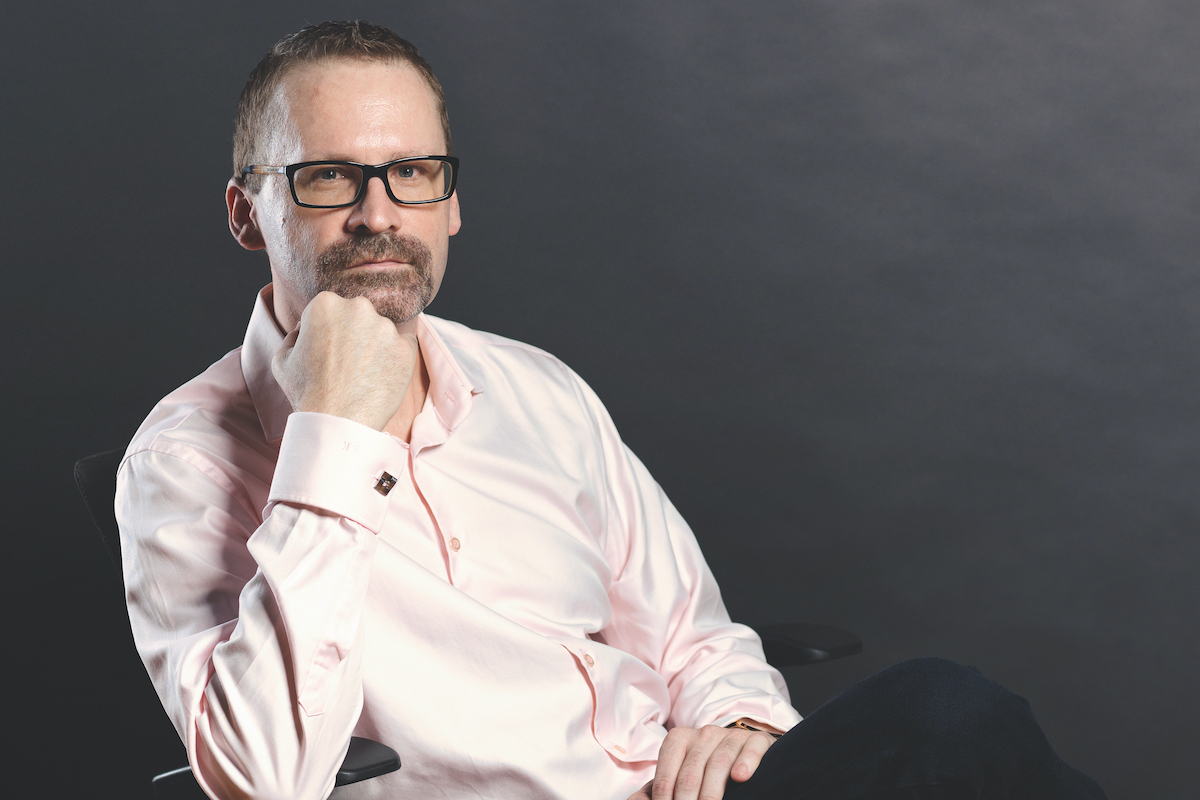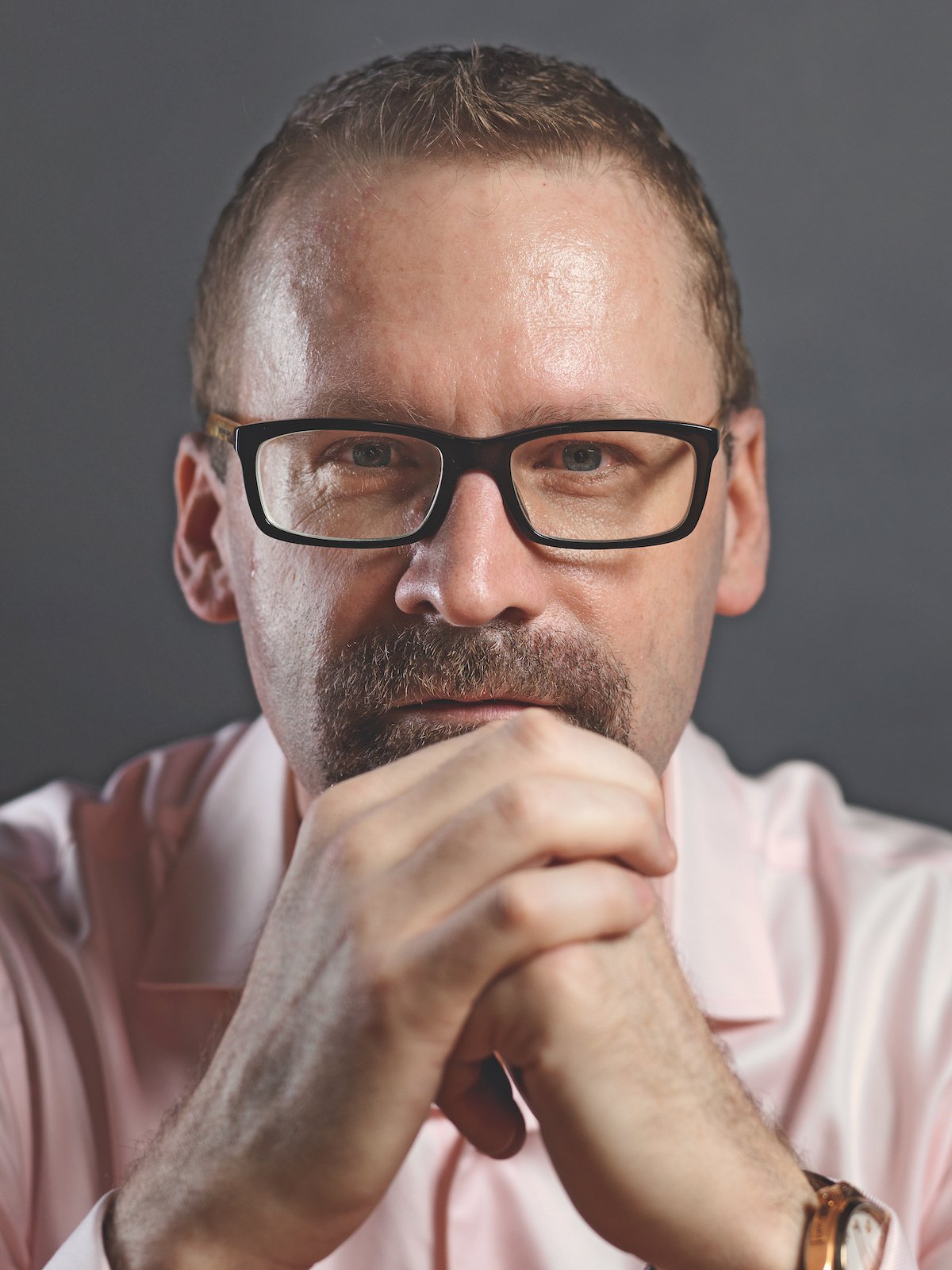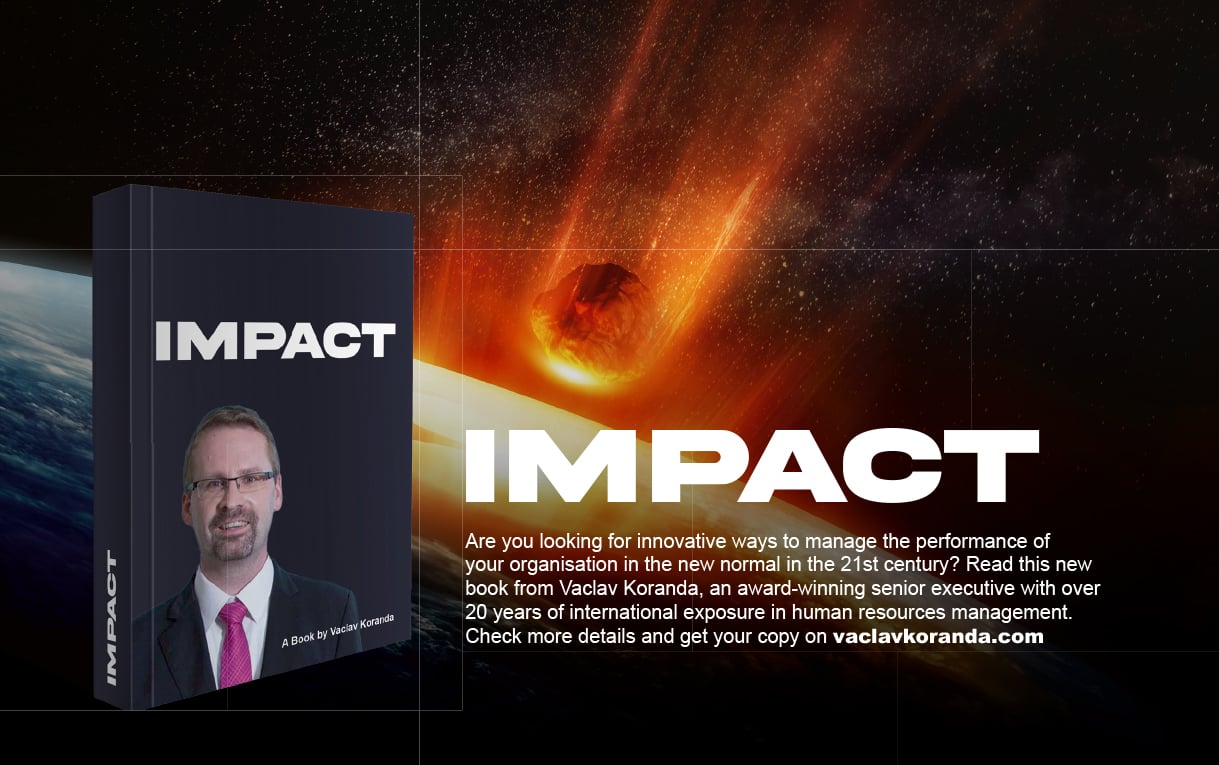The start of Vaclav Koranda’s career was tough. In one job, he worked extremely demanding hours under conditions that were so tough he later saw parallels between his situation and the film The Devil Wears Prada, which details the exploits of an aspiring journalist working under an authoritarian boss. “It was the toughest job I ever had,” he admits. “I was working almost 24/7 and I was just suffering, to be honest.”

He has since come a long way. At the age of 27, after toughing it out in the Czech Republic, Vaclav got an offer to take on the role of Human Resources Director for a German manufacturing company, a chance he did not expect to get with his level of experience.
Vaclav is now the Vice President of Human Resources for T-Systems Malaysia, which provides integrated end-to-end IT solutions for various industries including transport, automotive, retail and manufacturing. When he moved to Malaysia for the role in 2014, he was overwhelmed by a feeling that he had made it.

“I was quite happy about living in a tropical country, which was sort of always my dream,” he shares. “You need a little bit of luck in life, but you also have to be prepared for the right opportunity when it appears.
“I think I’ve managed to build up a good reputation in the industry and in the region because I’m speaking at HR events quite regularly, not only in Malaysia but, before the pandemic at least, in Hong Kong, the Philippines, Singapore, India. I think after 20-plus years in the business, I’ve had quite a nice career.”
Zero outages
The main characteristic that sets T-Systems apart from its competitors, Vaclav says, is a relentless focus on delivering quality for the customer.
“You need a little bit of luck in life, but you also have to be prepared for the right opportunity when it appears.”
“We have always had that focus. Our main motto is ‘zero outage’. We wanted to basically bring down the number of incidents and outages to as close to zero as possible.” In IT outsourcing, he explains, incidents are graded in four categories based on the impact on the customer. “For every category we have a maximum number of incidents we should not overshoot.”.
To ensure that focus on quality is consistent throughout the company, T-Systems invests a lot of time and energy into making sure employees are always aware of the need to deliver for customers.
One challenge it continually faces is the need to keep up with one of the fastest-moving industries in the world. “Innovation is key,” Vaclav stresses. “Especially in the past few years, new technologies have been emerging at a very fast speed, and if we don’t innovate, we miss the train.”
Recently, that has meant coming up with cloud-based solutions for customers, which have helped the firm stay competitive against the likes of Amazon. T-Systems has also come up with a scheme in partnership with BMW to keep cars connected.
If there is an accident, the customer’s vehicle can automatically send a message to emergency services, or if the car needs an oil change, it can automatically book an appointment at the workshop. It is also innovating in the area of connected cities, developing systems for intelligent traffic steering and public transport that help buses and trains run more efficiently.
“We also have to constantly innovate,” Vaclav says. “There are new technologies not only for the clients, but also technologies that help us automate and streamline our internal operations, and become more efficient and more cost-effective for our clients.”
Always listening
However, keeping on top of the latest advances in technology isn’t enough; to Vaclav, keeping a fruitful line of dialogue open with consumers is key. “If we come up some cool technology, but the customers are not interested in it, then that will not help,” he reveals. “We constantly keep in touch with our customers and ask them what they want. We perform a customer satisfaction survey periodically, and we improve year on year by a few points – and we’re already quite high in the overall metrics.”
For Vaclav to make the transition from working in Europe to leading a large team in Malaysia, he had to be highly adaptable. Often, HR leadership roles are seen as positions that ought to be filled by someone local to the country where the post is advertised. A local is more likely to have an intuitive understanding of how to manage people there and has a deep appreciation of the culture and the local regulatory environment.
“It’s not easy as a foreigner to earn a reputation in HR in Malaysia,” Vaclav observes. “It really takes a great deal of respect and flexibility and adaptation to the local culture, which initially can be difficult for foreigners to embrace. So that was a bit of a challenge for me. I had to learn all the nuances of the different cultures, because Malaysia is a multicultural country. I had to learn the laws, I had to learn the regulations and then all the technical stuff.”
All this self-education took an enormous amount of work, but ultimately Vaclav believes it was crucial to his success. “It took me some time and was quite tough to learn it all, but without having that experience, I wouldn’t have been able to survive here in the early years, let alone succeed.”
Proudly supported by:



